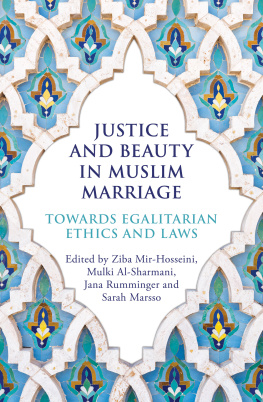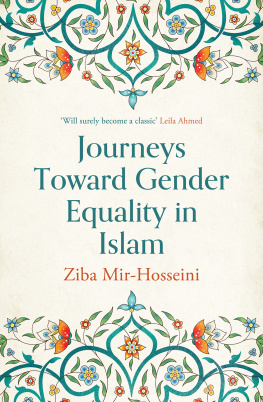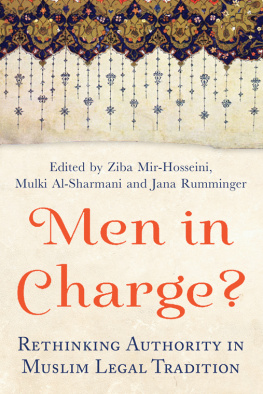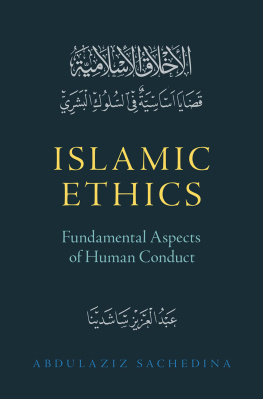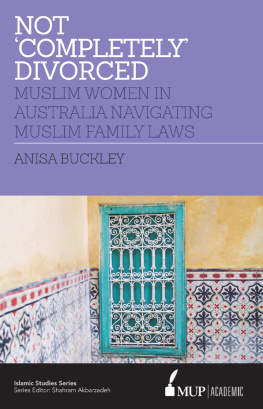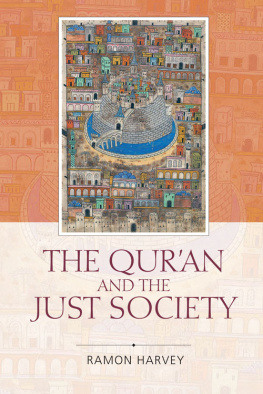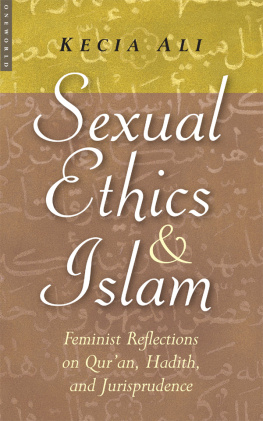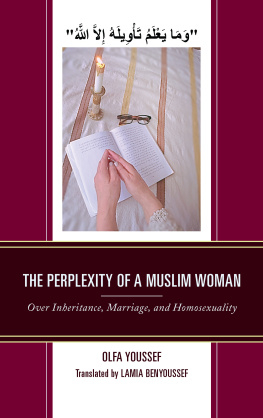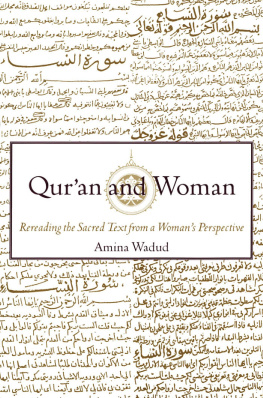Contents
Guide
JUSTICE AND
BEAUTY IN
MUSLIM MARRIAGE
Contents
Foreword
I grew up in the 1960s and 70s with an utter faith in a just God and a just Islam. God cannot be God if God is unjust. It was as simple as that.
But by the 1980s, things began to change. The rise of political Islam globally and in my home country, Malaysia, saw the inclusive and compassionate Islam I grew up with slowly evolve into a dogmatic, patriarchal and punitive religion that made no sense to the realities of my life.
Islamist political leaders and preachers over radio, television and in private homes were dominating the public discourse on Islam and womens rights: Men are superior to women; A man has a right to four wives; A husband has a right to beat his wife; He has a right to demand obedience from his wife; He has a right to have sex with his wife on demand and the wife has no right to say no; Hell is full of women who have disobeyed their husbands. The worst was a so-called hadith that said even if a woman has licked the pus oozing from her husband from head to toe, she still would not have done enough to be obedient to him. What kind of Islam could preach this injustice and harm to women?
At the same time, women were facing difficulties such as getting a divorce if the husband objected, husbands taking second wives without the first wives knowledge, religious department officials telling women to go home and be good obedient wives when they reported domestic violence. Women felt they were pushed around like a ball, kicked from pillar to post in their search for solutions to end their misery.
The obvious question before us was this: Where is the justice and beauty of Islam in pronouncements and actions that cause harm to women and families? These assertions in the name of Islam went completely against my belief. I went to religious school for five years. None of my religious teachers ever talked of God and Islam in these unkind ways or used Islam to justify patriarchy and womens subordination. The Islam I learned in school and lived was about a kind and compassionate God, a just God, and our duties to be good human beings who are honest, kind and respectful. Not about male superiority, or even mens and womens rights and responsibilities.
So, to be assaulted as an adult with a religious discourse that was unjust was simply an affront to my faith. I was outraged that the God and the Islam I grew up with were abused in order to justify mens bad behaviour. Something must be done. Instead of turning my back on the religion, I decided to reread the Quran once again to find out if God really did sanction such misogynistic behaviour towards women. This led me and the founding members of Sisters in Islam to meet every week to study the Quran in search of the promised justice of Islam.
There were many eureka moments in this process. The Quran says: marry only one, that will be best to prevent you from doing injustice (4:3); men and women are protectors of one another (9:71); men and women are garments for one another (2:187); be you male or female, you are members, one of another (3:195); God puts between your hearts, love and compassion (30:21).
What happened to these beautiful egalitarian messages of the Quran? Why didnt this language of justice, equality, reciprocity and compassion become the source of jurisprudence governing marriage and family relations? Obviously, men in authority who interpreted the Quran and deduced the laws decided that these verses should be silent and silenced, and instead their favourite verse on supposed male authority (4:34) should be the basis of marriage. This maintained mens power and privilege over women.
We felt we could no longer remain silent or be silenced. In the context of rising political Islam in many Muslim countries and the consequent attacks on gains women had made over the decades, we felt compelled to produce and disseminate knowledge that demonstrates the necessity and possibility of equality and justice for women in Islam.
With knowledge comes courage. From the pioneering work of Sisters in Islam in Malaysia to the global movement Musawah, it has been a long and exciting journey for us to challenge this patriarchal terrain of Islam and to embark on a new path that we feel represents the beauty and justice of Islam. We wanted to build new feminist knowledge in Islam, to unearth the gems within our tafsr and fiqh traditions, to open the public space for debate and for a new public discourse to emerge on Islam and womens rights.
As a founding member and founding Executive Director of Musawah, I am proud to see these efforts brought to fruition in this book, Justice and Beauty in Muslim Marriage: Towards Egalitarian Ethics and Laws.
We have always believed that the egalitarian and compassionate Quranic ethos and the many sophisticated Islamic legal concepts could lead us to a new ethical and legal framework for Muslim marriages. The classical legal (fiqh) framework that regarded women as inferior to men and established rules that led to the control and subjugation of women can no longer be the basis for regulating marriage and divorce in the twenty-first century. This man-made classical juristic construct of the providing, protecting husband and the submissive wife has no relevance to the contemporary experiences and ethical values of today. In fact, it is harmful to individuals, families and societies. Musawahs knowledge building work including the scholarship presented in this book bridges the disconnect between ethics, law and contemporary lived realities to enable Muslims to build an understanding of marriage based on ethics of justice, equality, beauty and goodness.
We hope the chapters in this book will empower readers to translate the new ideas, concepts, ways of thinking and approaches to the tradition into practical ways of transforming the model for Muslim marriage into one that cultivates nourishing forms of love and partnership. During the Covid-19 pandemic, Musawah hosted public webinars in which our scholars shared their works in progress. The excitement they engendered with their research and enlightening ideas and the questions raised and responses we received from participants led us to ponder doable ways we can move forward from theory to practice. Some excellent ideas emerged a new premarital course on how to build a marriage based on equality, justice, spiritual growth, beauty and goodness; nik khutbahs that reflect a more egalitarian aspiration of marriage; a model marriage contract that embodies Quranic values; and even mediation services to end marriage with grace and compassion for those who feel they can no longer live together in harmony.
These are all exciting possibilities as Musawah follows through its tradition of bringing together scholarship and activism in building a movement for change. Our Campaign for Justice in Muslim Family Laws is now underway in Asia, the Middle East and North Africa and Sub-Saharan Africa. It is this new knowledge grounded within Islam that will give Musawah advocates the confidence and the courage to build a public voice demanding change.
Musawah is proud to be working with the seventeen scholars who have contributed to the production of this volume. We are grateful to the many who have engaged with Musawah from the very beginning, and the new ones whom we hope find this engagement enriching. Musawah would like to thank all of the scholars for their patience and openness to the exactitudes of the Musawah ways of working and most of all for their generosity in sharing their knowledge and time with us.

